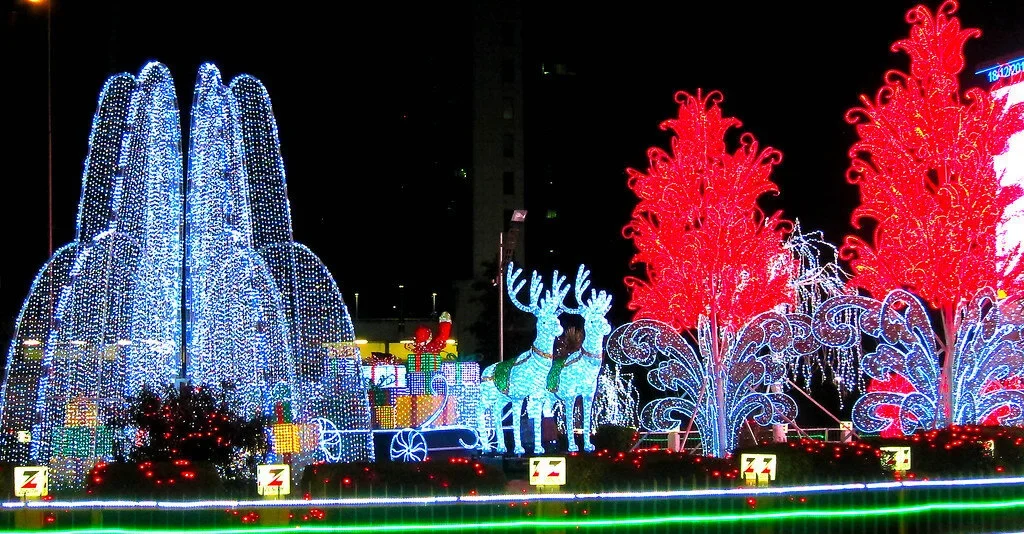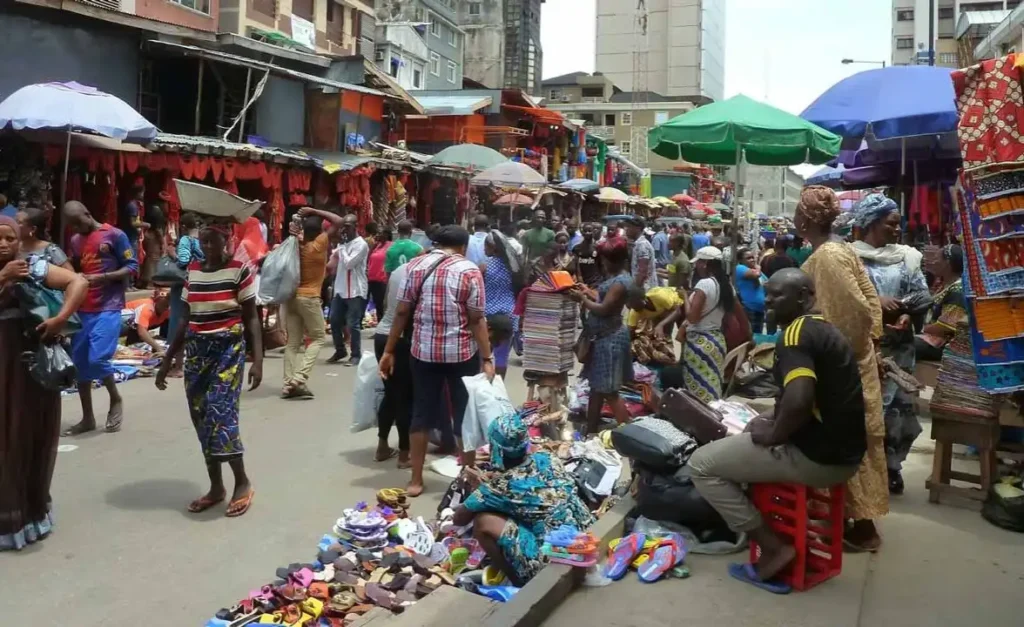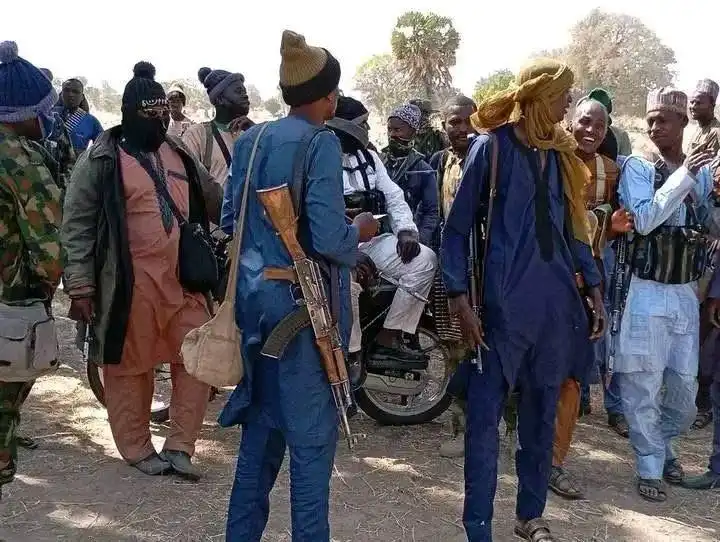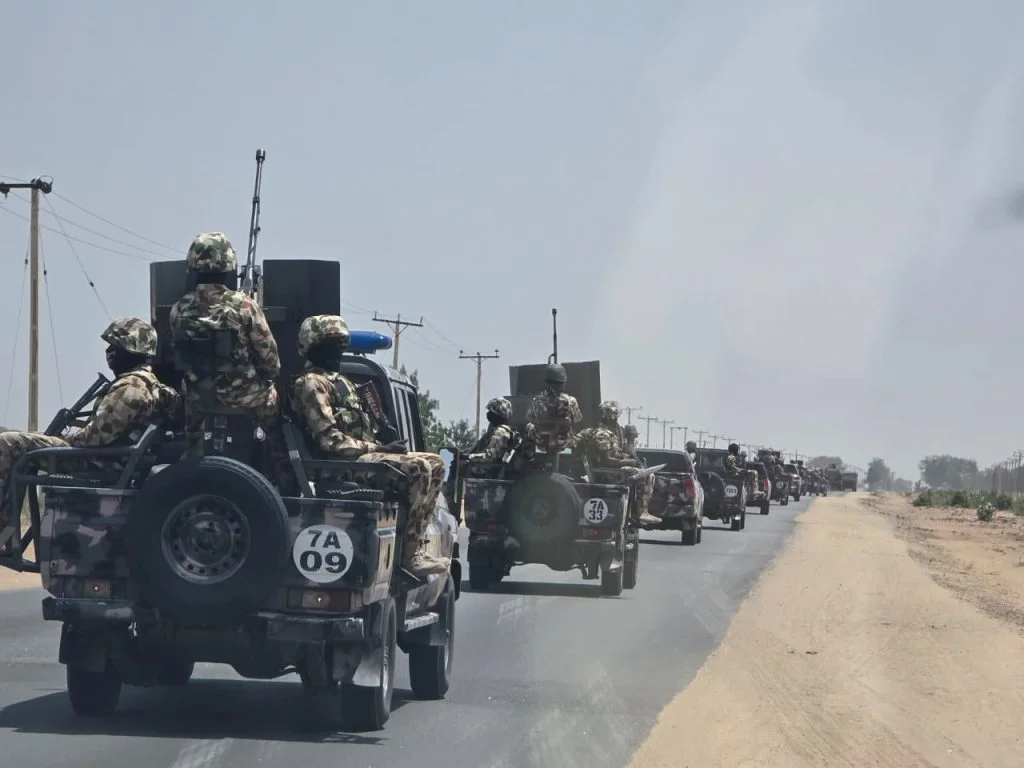As Nigeria closed out 2022, what should have been a season of celebration and joyful festivities was overshadowed by harsh economic realities. Economic experts have pointed to the sharp decline in purchasing power, driven by skyrocketing inflation, as the reason behind the subdued mood during this year’s Christmas celebrations across the country.
While streets and shopping malls still sported festive lights and Christmas trees, the traditional sights and sounds of bustling markets, heavy traffic to villages, and increased food and clothing purchases were notably missing. Instead, economic uncertainty and financial strain defined the season for many households.
Traders and Consumers Feel the Pinch
Across major markets in Abuja and neighboring towns, traders lamented what they described as one of the worst festive seasons in recent memory. For many, the usual spike in demand for foodstuffs like rice and chicken, as well as clothes and household items, simply didn’t happen.
Obinna Ozomena, a trader at Garki International Market, expressed his disappointment:
“My business has never been this slow. This Christmas saw the lowest level of patronage. It’s not just me; everyone I know in the market is experiencing the same thing.”
Similarly, Abubakar Yusuf, a trader at Suleja Market, reported that his sales this December dropped drastically compared to previous years.
“In previous Christmas seasons, the demand for rice and other foodstuffs always surged. But this year, I struggled to even make 35% of what I sold last year.”
Their accounts reveal the widespread effect of Nigeria’s economic downturn on consumer behavior. What used to be a season of excess and spending has turned into a time of restraint and prioritization.
Households Forced to Abandon Traditions
For individuals and families, the hardship was even more pronounced. Mr. Musa Dogo, a civil servant in Abuja, said he had to forgo holiday traditions in order to make ends meet.
“I made a decision this year: there will be no chicken, no new clothes, no parties. If my family can eat twice a day, that’s enough. I can’t spend on luxuries when survival is uncertain.”
This sentiment reflects the prevailing mood among millions of Nigerians who have been forced to focus solely on basic needs, abandoning festive practices that have long been part of the nation’s Christmas culture.

Inflation at the Heart of the Crisis
Experts agree that the major driver of this economic despair is inflation. According to official data, Nigeria’s inflation rate reached 21.47% in December 2022, with food inflation alone standing at 23.13% in November. Prices of everyday food items like rice, yams, beans, onions, and cooking oil have surged beyond the reach of many Nigerians.
The cost of a bag of rice, for instance, now exceeds the monthly minimum wage, leaving many households unable to afford even the most basic Christmas meals.
Accounting professor and financial analyst, Prof. Godwin Oyedokun of Lead City University in Ibadan, blamed government policies under the administration of President Muhammadu Buhari for the economic strain.
“Nigerians are overstretched economically. Everything costs more. Even those who once felt financially secure are now struggling. The government has failed to curb inflation, and ordinary people are suffering the consequences.”
He added that while government officials remain insulated from the pain of inflation, ordinary citizens face daily sacrifices, including canceling travel plans and cutting down on meals.
“People can’t even afford to travel to celebrate with their families. Transport fares have become exorbitant, and food is unaffordable. This Christmas was marked by survival, not celebration.”
Transportation Costs Add to the Burden
Apart from food and clothing, transportation costs during the festive season dealt another heavy blow. Traditionally, millions of Nigerians return to their hometowns during Christmas. However, the cost of commuting was so high in 2022 that many canceled their travel plans entirely.
Financial inclusion expert, Mr. Idakolo Gbolade, said that the transportation crisis has become a recurring theme every December, but this year was particularly harsh.
“This Christmas was celebrated quietly because Nigerians couldn’t afford the basics. Transportation costs were astronomical—Abuja to Lagos by road cost as much as N40,000, and airfares reached N130,000 for a one-way trip.”
The situation, he noted, was worsened by the persistent scarcity of petroleum products and the high cost of diesel, both of which affected not just travel but also logistics and food distribution nationwide.
Economic Indicators Paint a Grim Picture
The hardship felt during Christmas was only a symptom of broader economic challenges that defined 2022. Key indicators from the year include:
-
Inflation Rate: 21.47% year-on-year.
-
Food Inflation: 23.13% as of November 2022.
-
Unemployment Rate: 33.3%.
-
High Poverty Rate: Over 133 million Nigerians live in multidimensional poverty.
-
Slow GDP Growth: Growth was sluggish and unable to outpace population growth.
-
Insecurity: Ongoing violence in several regions continues to disrupt agricultural production and commerce.
These indicators reflect a struggling economy, one that has failed to generate the kind of momentum needed to lift citizens out of poverty or sustain business activity across sectors.
Looking Ahead to 2023
With just days left in the year, hopes for a better 2023 remain fragile. Nigerians are looking toward a potential economic turnaround under a new administration that will take office in mid-2023. However, experts warn that unless urgent steps are taken to address the root causes of inflation and economic instability, hardship may persist into the new year.
Mr. Gbolade concluded on a sobering note:
“As we leave 2022, none of the economic issues—rising food prices, unaffordable transportation, weak naira, or insecurity—have been resolved. The new year may not bring immediate relief unless there’s a shift in policy and governance.”
Economic analysts suggest that the government must prioritize the following to restore stability and consumer confidence:
-
Stabilizing the naira by reforming the foreign exchange market.
-
Addressing the root causes of inflation, including fuel and electricity pricing.
-
Improving infrastructure and lowering logistics costs.
-
Tackling insecurity to allow free movement of goods and people.
-
Supporting agricultural productivity to reduce food costs.
Conclusion
Christmas 2022 was a stark reminder of how deeply economic hardship has affected everyday Nigerians. While the festive lights and songs still echoed faintly in parts of the country, the heart of the celebration—food, family, generosity, and joy—was largely missing for millions. As Nigeria prepares to enter 2023, the country faces the difficult task of reversing its economic trajectory and rebuilding hope for its citizens.






